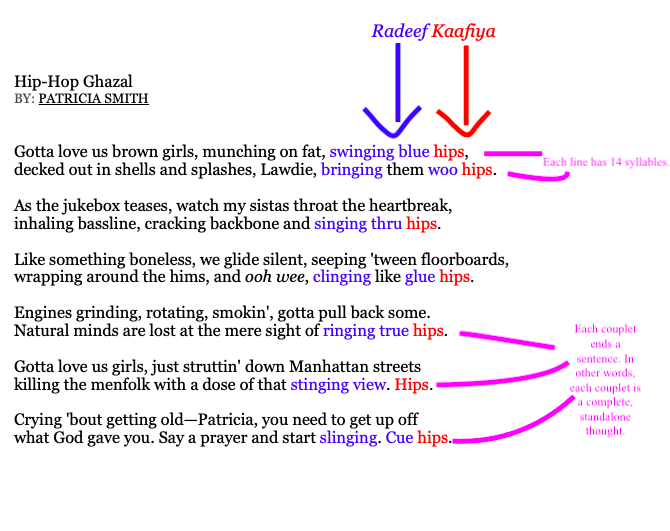
Peter Dronke has commented that there was something intrinsic to its flexible form that contributed to its survival far beyond its region of origin. The sonnet is believed to have been created by Giacomo da Lentini, leader of the Sicilian School under Emperor Frederick II. By the 13th century it signified a poem of fourteen lines that follows a very strict rhyme scheme and structure.Īccording to Christopher Blum, during the Renaissance, the sonnet was the "choice mode of expressing romantic love." As the sonnet form has spread to languages other than Italian, however, conventions have changed considerably and any subject is now considered acceptable for writers of sonnets, who are sometimes called "sonneteers," although the term can be used derisively. "little song", derived from the Latin word sonus, meaning a sound). The term sonnet is derived from the Italian word sonetto (lit. The earliest sonnets, however, no longer survive in the original Sicilian language, but only after being translated into Tuscan dialect. The Sicilian School of poets who surrounded him at the Emperor's Court are credited with its spread.

The 13th-century poet and notary Giacomo da Lentini is credited with the sonnet's invention for expressing courtly love. How can those terrified vague fingers push The feathered glory from her loosening thighs? And how can body, laid in that white rush, But feel the strange heart beating where it lies? A shudder in the loins engenders there The broken wall, the burning roof and tower And Agamemnon dead.A sonnet is a poetic form which originated in the Italian poetry composed at the Court of the Holy Roman Emperor Frederick II in Palermo, Sicily. Yeats' Leda and the Swan: A sudden blow: the great wings beating still Above the staggering girl, her thighs caressed By the dark webs, her nape caught in his bill, He holds her helpless breast upon his breast.

The pallor of girls' brows shall be their pall Their flowers the tenderness of patient minds, And each slow dusk a drawing-down of blinds. What candles may be held to speed them all? Not in the hands of boys, but in their eyes Shall shine the holy glimmers of good-byes. No mockeries now for them no prayers nor bells, Nor any voice of mourning save the choirs,- The shrill, demented choirs of wailing shells And bugles calling for them from sad shires.

Only the stuttering rifles' rapid rattle Can patter out their hasty orisons.

Wilfred Owen's Anthem for Doomed Youth: What passing-bells for these who die as cattle? Only the monstrous anger of the guns. The sonnet is a poetic form of fourteen lines - everything else about it has been experimented with.


 0 kommentar(er)
0 kommentar(er)
